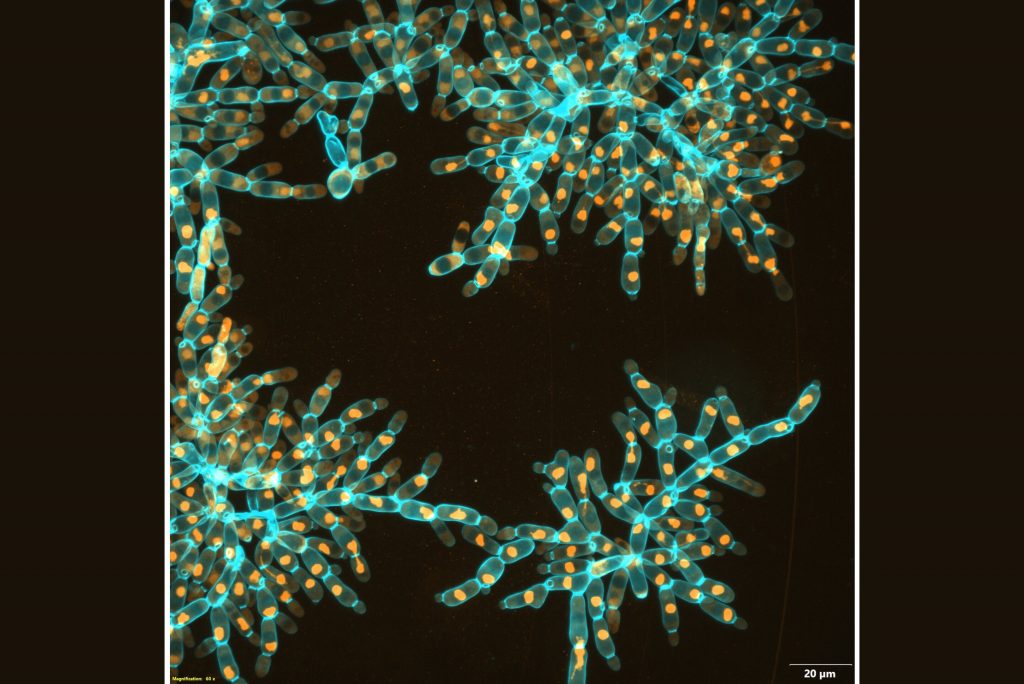In a groundbreaking study published in Science Advances, researchers from the University of Helsinki and the Georgia Institute of Technology have uncovered a fundamental mechanism driving the evolution of multicellular life. By investigating the evolution of laboratory yeast in the ongoing Multicellularity Long Term Evolution Experiment , scientists have shed light on how altered protein folding plays a crucial role in the emergence of multicellular traits.
The study reveals that changes in protein folding, rather than genetic mutations alone, drive the evolution of multicellularity. By focusing on the regulation of proteins, researchers have gained new insights into the complex process of evolution.
Associate Professor Juha Saarikangas from the University of Helsinki emphasizes the importance of understanding protein-level changes in evolutionary processes. He highlights that while genetic information provides a foundation, it is the action of proteins that ultimately determines cellular behavior and adaptation.
One of the most significant findings of the study is the evolution of ‘snowflake yeast,’ which developed robust bodies over 3,000 generations. Through a series of experiments, researchers discovered that the expression of the chaperone protein Hsp90, responsible for protein folding, gradually decreased as snowflake yeast evolved larger, tougher bodies.
Remarkably, this reduction in Hsp90 levels destabilized key molecules involved in the cell cycle, leading to elongated cell shapes. These elongated cells could then form larger, mechanically tough multicellular groups by wrapping around each other.
Lead author Kristopher Montrose underscores the profound impact of slight alterations in Hsp90 function on both single-cell behavior and multicellular organization. The study reveals how subtle changes in protein folding mechanisms can drive the evolution of complex traits in multicellular organisms.
Overall, this research highlights the intricate interplay between genetic information, protein function, and evolutionary adaptation. By unraveling the mechanisms behind multicellular evolution, scientists are paving the way for a deeper understanding of life’s complexity and diversity.
